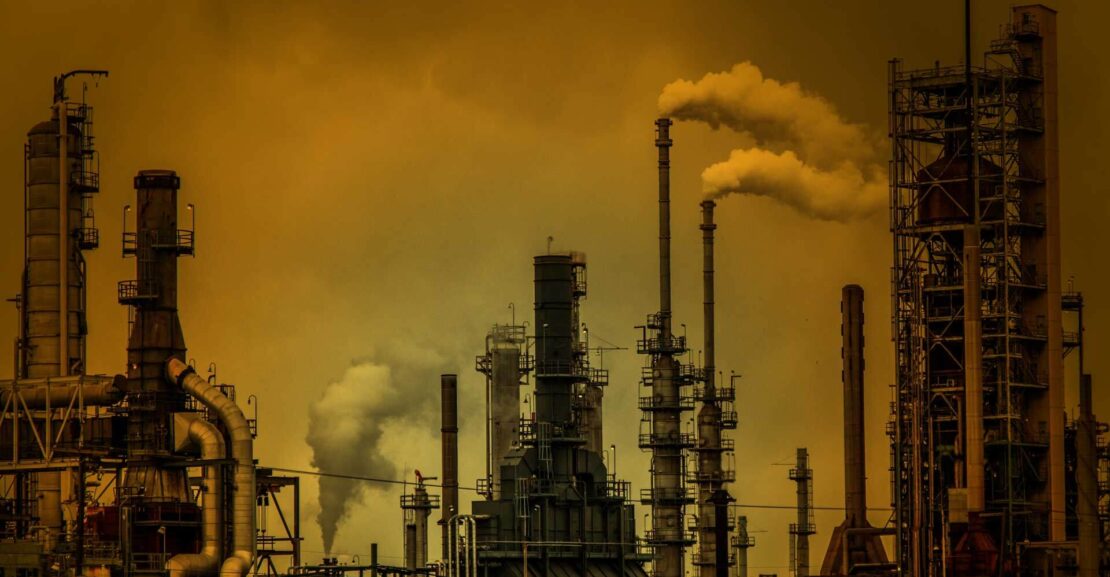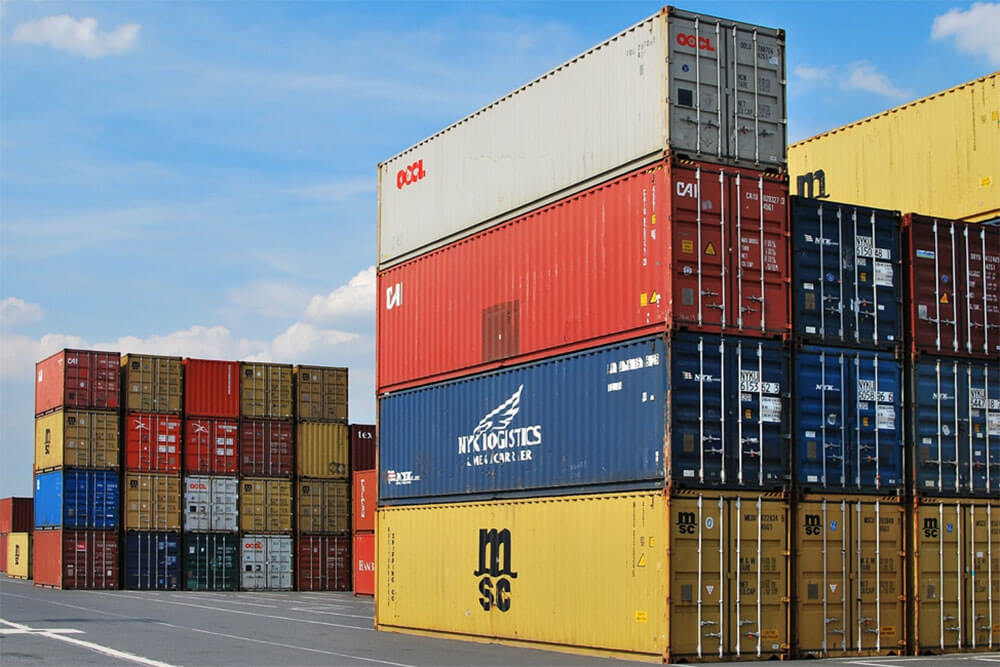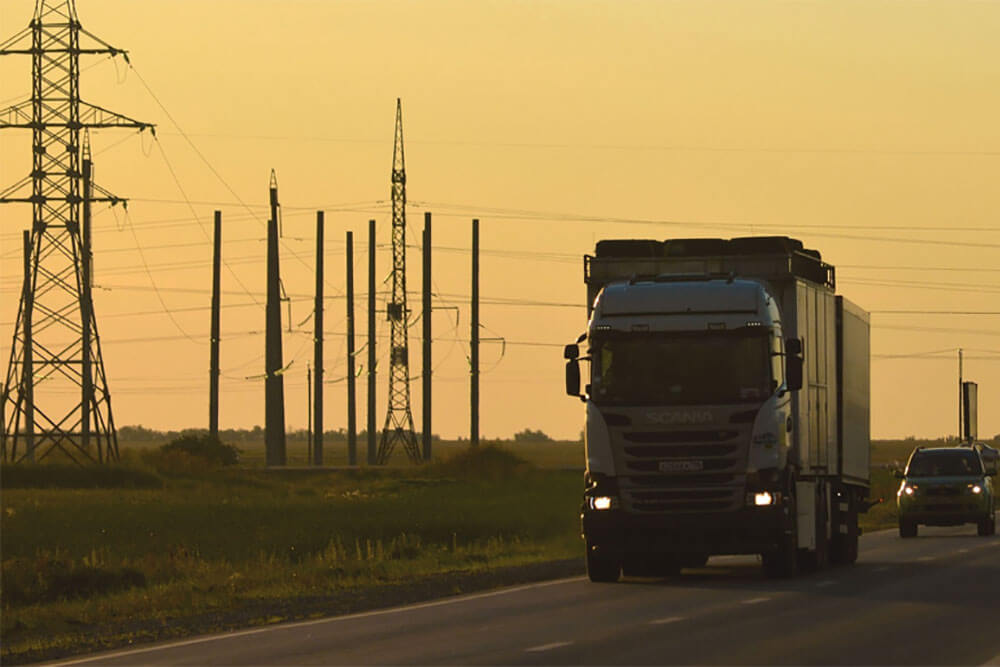How Are Truckers Dealing with Carbon Taxes?

Carbon taxes have gone into effect in parts of the United States and Canada, here is how they are affecting the North American trucking industry as a whole.
What Is the Carbon Tax?
The carbon tax is a new legislation being proposed in many states and territories across the USA and Canada. In Washington, the proposed amount is $15 per ton of carbon, and many states are already adopting it. Fees vary across the country, but the arguments remain practically identical.
Supporters say that this new tax is going to reduce pollution. Their claim is by shifting financial burden onto the largest polluters (i.e., those consuming the most fuel), this carbon tax will encourage said companies to find new, more environmentally friendly ways to operate.
On the other side of the argument, those within the trucking industry explain that a state-level tax is going to ultimately increase the prices of all goods transported by trucks—which, nearly all goods are transported by trucks. Thus, the tax will eventually trickle down to consumers, impacting just about everything we (consumers) buy.
Some legislation even proposes an amount higher than $15 per-ton, like that of Rep. Carlos Curbelo. He proposes $24 per ton, with that tax being increased each and every year following its implementation. This will tax businesses for each metric ton of carbon they emit, and–as intended–the costs will surely add up for businesses big and small.
Unfortunately, not even those proposing the legislation are without a doubt that the cost will impact end consumers. As Forbes mentioned in their recent article, “Rep. Curbelo admits that his carbon tax will increase the average American’s energy costs by hundreds of dollars per year in the first year.”
With all of the controversy surrounding the new carbon taxes, it’s important to look at how it would impact the trucking industry and trickle down to every single consumer who ultimately benefits from this massive industry.

How the Carbon Tax is Impacting the Industry
Washington is one state currently dealing with Carbon Taxes. President Frank Riordan of the Washington Trucking Association commented with his views recently. He acknowledged that these taxes are intended to put the burden of pollution back onto those responsible but went on to describe how widely the impact will be felt.
What Riordan said in his interview was completely accurate. He stated that, at some point or another, every item you use was on a truck. Truckers are the ones responsible for bringing cargo to and from trains, ships, and warehouses across the nation.
In Washington alone, more than 134,000 people are employed by some 16,670 trucking companies that exist across the state. But Riordan emphasized how these carbon taxes would now put these companies at a disadvantage, making it harder for them to compete.
In the states where these carbon taxes are under consideration, it’s going to place those in states without carbon taxes at a competitive advantage. In Riordan’s example, out-of-state carriers won’t have to pay the higher fuel costs that the Washington companies will now have to adapt to.
Vehicles could now fuel up in other states, even as far away as Utah, and then drive into states like Washington where the carbon taxes are being rolled up. They’ll be able to deliver freight and leave without refueling within the carbon tax state.
There is also another group that will be exempted, and that’s anyone able to buy fuel on the tribal lands of Washington and other states with carbon tax. However, this exemption may be temporary since Initiative 1631 explains that new agreements between tribes and states may bring the carbon tax into the cost of fuel there too.

Why Some People Think the Carbon Tax is ‘Unfair’
Regardless of which side of the argument you fall on, it seems that many people see disadvantages of imposing a new carbon tax. The two main arguments against it are simple to examine:
- The equality of this tax distribution
- The effect on end consumers
The first point is definitely something worth looking at, and it’s an issue that multiple industry leaders and research publications have brought up in the past few months.
While the carbon tax increases being proposed would be statewide or even nationwide, it has to be understood that the distribution of these taxes would hardly be equal amongst companies. The reasoning is very simple.
Larger companies today are able to achieve extreme fuel efficiency. Thanks to their ability to constantly invest in the newest, greatest equipment, they are going to get more miles per gallon and, therefore, pay less in carbon taxes. Smaller companies, on the other hand, may be running equipment that isn’t outdated–but even a model year or two can make a huge difference in fuel consumption.
That means, even with a statewide or nationwide flat tax, different companies will still ultimately end up paying different amounts in tax. The big-time earners will pay less, and the smaller companies will ultimately have to pay more.As Matt Wimberly described, that’s the reverse of what anyone would consider fair. “The impact to the majority of paying members to the ATA will be minimal, but smaller independent operators in the market will be hit much harder. Larger enterprise carriers, LTL, and parcel providers recoup a large percentage of their fuel costs in the form of fuel surcharges, and run more efficient trucks and freight networks than the smaller operators.”
Moreover, companies that function as owner operators and small operators alike will end up absorbing 100% of the fuel costs directly. That’s because they get little if any of their freight from the contract market. This means they’re unable to offset the increased rates and only a handful of brokers have fuel recovery programs available to such operators.

What’s Next?
The impact on consumers and the unequal distribution of these proposed taxes across the industry are the two major points causing an uproar. With those supporting and proposing these taxes, whom agree that these issues are present, the trucking industry and general public alike are both hoping legislators rethink this concept before more carbon taxes go into effect.
The trucking industry invests in three crucial things: people, trucks, and fuel. The industry has never had any control over the cost of the latter, but it remains responsible for up to 30% of a company’s operating costs. With these new carbon taxes, that cost could jump substantially.
While advancing technology is allowing trucks to run for longer on less fuel, carbon taxes aren’t necessarily a good way to enable the adoption of such technology. Rising costs are only going to make tight margins tighter for small and medium-sized operators, greatly throwing the market in favor of larger companies and operators from states without carbon taxes.
The exact effects remain to be seen, but as of right now, the trucking industry is definitely on edge as more details are in the works.
Don’t Miss Out
Stay abreast of trucking industry news and insider information by signing up to the Suppose U Drive newsletter and get content delivered directly to your inbox.

